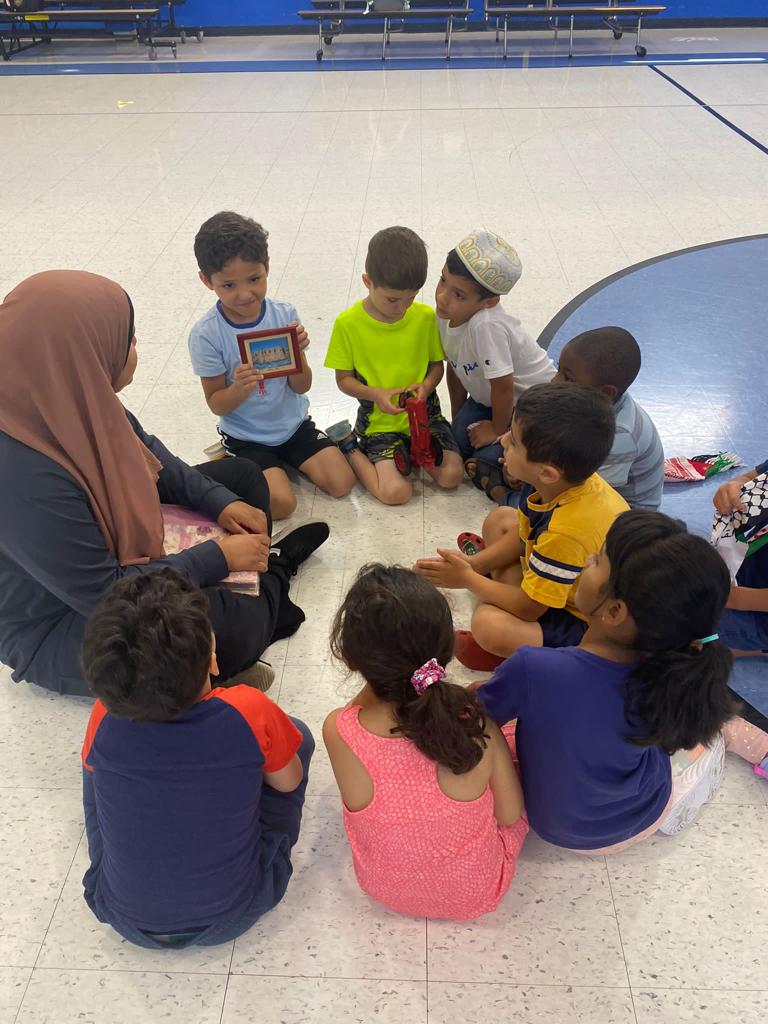
Guidance counseling is an essential aspect of education in Islamic schools for students. Islamic schools, also known as madrasas, provide education that not only focuses on academic excellence but also spiritual and moral development. Therefore, guidance counseling plays a vital role in ensuring that students receive holistic education that aligns with the values and teachings of Islam.
In Islamic schools, guidance counseling aims to support students in their academic, personal, social, and spiritual growth. Guidance counselors in these schools are trained to understand the Islamic faith and the principles and values that guide the Muslim community. They work with students to help them develop their knowledge and understanding of Islam and how it relates to their lives and studies.
The guidance counseling program in Islamic schools includes individual counseling, group counseling, and classroom guidance. In individual counseling, students have one-on-one sessions with the guidance counselor to discuss personal issues such as academic struggles, emotional challenges, family problems, or spiritual concerns. The counselor helps the student identify the root cause of the problem and provides advice and strategies to overcome it.
Group counseling involves bringing together a small group of students with similar issues or concerns to share their experiences and support each other. The guidance counselor facilitates the discussion, provides guidance and resources, and helps students develop coping skills and strategies.
Classroom guidance is integrated into the academic curriculum to address topics such as character development, moral values, and Islamic teachings. The guidance counselor works with teachers to provide instruction, activities, and discussions that support students' spiritual and moral growth.
In conclusion, guidance counseling is an essential component of Islamic education in schools. It helps students develop not only their academic skills but also their personal, social, and spiritual well-being. Islamic schools strive to provide an education that not only prepares students for their academic and professional lives but also helps them develop a strong sense of faith and moral values that will guide them throughout their lives.
